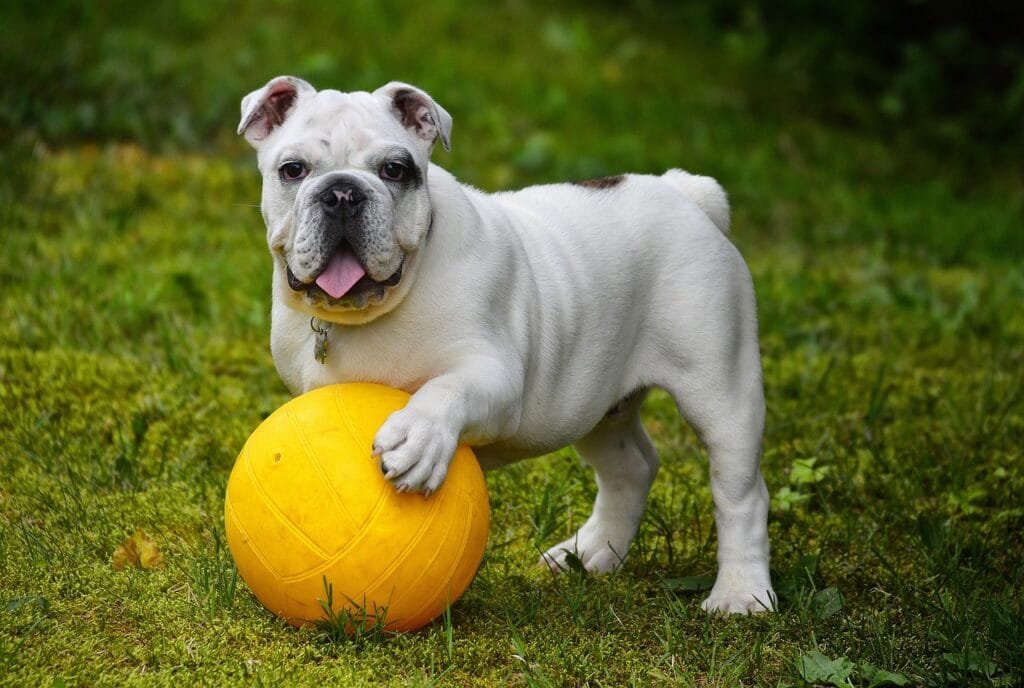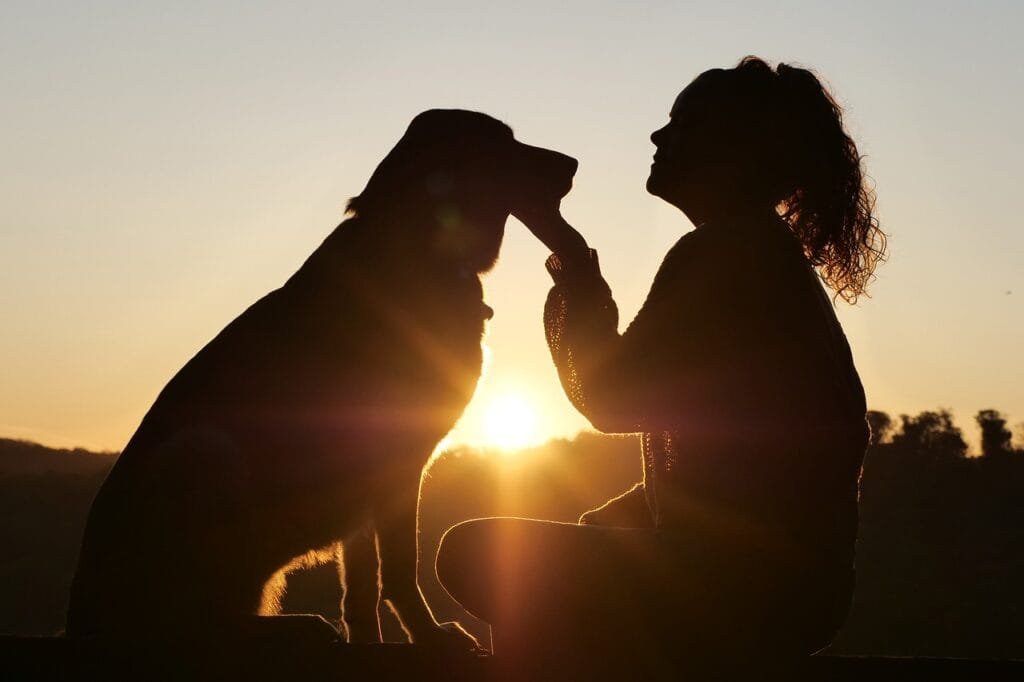Dog Training Philosophy and Mindset
Dog training philosophy and mindset influence every choice you make as a guardian. The tools you use, the tone you take, and the way you interpret your dog’s behaviour all stem from the beliefs you hold about how dogs learn and what they need to thrive. This category explores the values, methods, and mindset that guide science-based, humane training.
You will find posts that explain core concepts such as the humane hierarchy, LIMA (least intrusive, minimally aversive) principles, and the long-term effects of force-free versus punishment-based methods. We also share mindset strategies to help you stay patient, realistic, and focused on your dog’s emotional needs, not just their performance.
Dog training philosophy and mindset are about more than ethics. They affect results. Training grounded in empathy and trust helps dogs learn more willingly and retain behaviours more reliably. It also supports stronger relationships and helps prevent fear, frustration, and confusion.
At Belle and Bark, we train without fear, force, or intimidation. Our philosophy centres on communication, motivation, and mutual respect. This category is designed to help you reflect on your own approach and give you the tools to train with greater clarity and confidence.
Explore these posts to understand how your dog training philosophy and mindset can shape both your results and your relationship and why choosing kindness leads to meaningful, lasting change.






